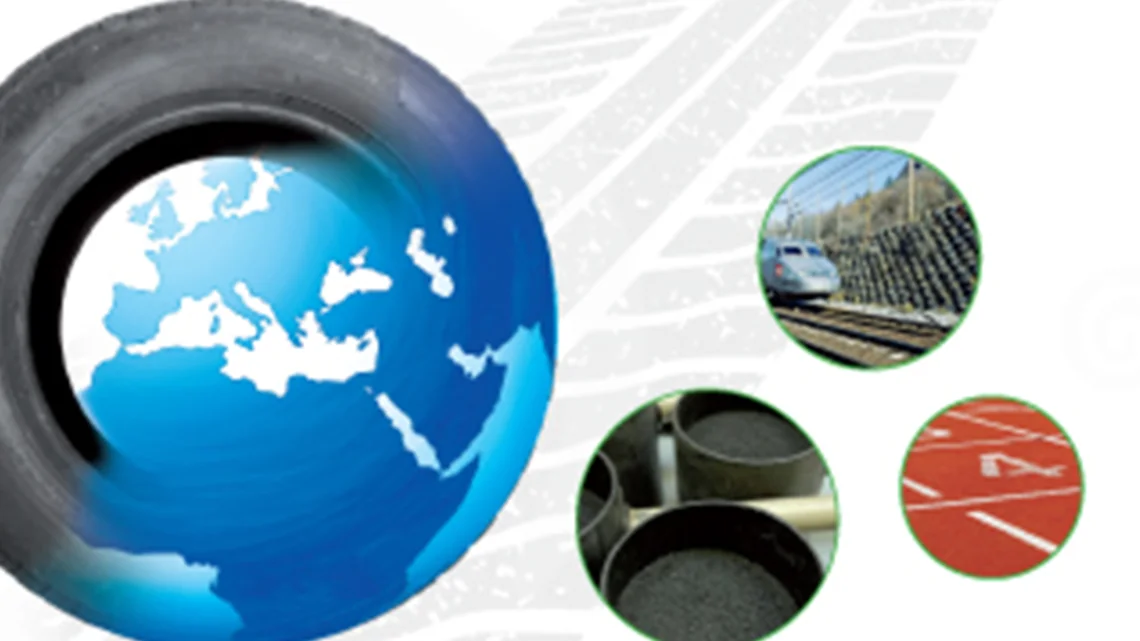Globally, an estimated 1 billion tires reach the end of their lives every year and constitute an environmental challenge for the industry.
Geneva, June 29 2010 – A new WBCSD manual brings together best practices from around the world on end-of-life tire (ELT) management.
Globally, an estimated 1 billion tires reach the end of their lives every year and constitute an environmental challenge for the industry. A new WBCSD manual brings together best practices from around the world on end-of-life tire (ELT) management.
The new manual, End-of-Life Tires: A Framework for Effective ELT Management Systems, shares lessons learnt through end-of-life management in different regions of the world. The manual aims to support local management who are considering or responding to the establishment of an ELT management system in their country.
Although recovery rates are as high as 85% in several regions, effective management is not yet commonplace in every country in the world. For example, an estimated 4 billion ELTs are currently in landfill and stockpiles worldwide, despite the fact that ELTs can supply cost-effective and environmentally-sound energy for several other industries, and can provide innovative materials for civil engineering projects.
The new manual, developed by the WBCSD’s Tire Industry Project, outlines the different stages of an ELT flow. It covers legislative and functional needs for effective ELT management, stockpile abatement, financing an effective system, and the need for sustainable end markets. Its appendices include references to more detailed information and case studies on existing systems from around the world.
The manual follows previous publications, aiming to address the need for more information on ELTs and their management by the public, policy-makers and other stakeholders. The report Managing End-of-Life Tires outlines what ELTs are, what environmental impacts they can have, and what has been and can be done to ensure they are properly managed.
Related
Content

Tire Industry CEOs commit to ambitious sustainability workplan
1 November, 2023

Leading tire company CEOs announce positive results from continuing ambitious research projects on sustainability issues
16 October, 2013

Toolkit aims to drive circularity in end-of-life tire management
2 November, 2021

